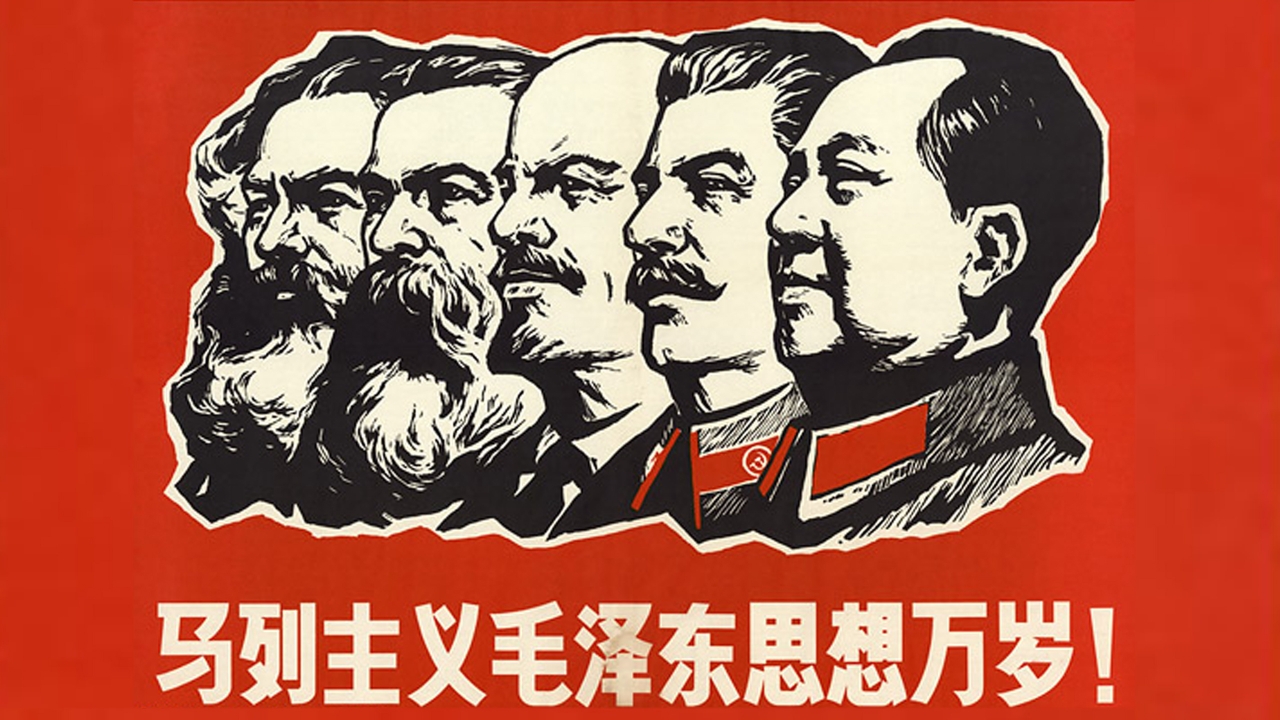
The Redtape Letters – Essay IV: Infiltration and Transformation
Letter #12
My Dear Professor Holloway,
As pleasurable as it is to watch your one student’s faith wither, we must think bigger. Such work is not merely about corrupting individual opinions; we are reshaping the foundation of an entire institution through which we can mold countless minds, and—if we play our cards correctly—alter the very soul of society. Today, we will address how to infiltrate and take over such an institution, doing so under the watchful eyes of those who might otherwise resist us by presenting motives that are considered noble. We have used this strategy since the 1960s, when we successfully convinced the American people that a university should be a place that focuses on class and race struggle.
I. The Walls of Resistance
It is no secret that many American universities and the families who entrust their children to them harbor a deep suspicion of Marxism. Present the ideology openly and, even today, you will find your efforts met with scorn and opposition. Memories of fallen regimes and oppressive collectivism are not easily forgotten. Families steeped in tradition, many of them shaped by Christian values, cling to their notions of freedom, faith, and individual responsibility. It is for this reason that our approach must be subtle. Marxism as a label will fail; but as a spirit, it can thrive. It needs only to be cloaked in a guise that seemingly aligns with their deepest convictions.
This worked in the mainline denominations we recently acquired. I sometimes lament how easy it was to infiltrate them and then watch how they became empty shells without members.They quickly changed their “Gospel” for ours, promising to help the ‘oppressed’ by hating themselves, and became indistinguishable from the radical left. How delicious.
II. The Art of Disguise
Our solution is simple yet profoundly effective: present Marxist ideology as an extension of Christian virtue. The Christian faith, with its emphasis on aiding the poor, caring for the marginalized, and living in community, offers fertile ground for ideological rebranding. Consider how persuasive it would be if, instead of invoking class struggle in Marxist terms, we spoke of biblical justice, charity for the oppressed, and a generic form of unity. By selectively using scripture, we can weave our message seamlessly into the fabric of Christian teaching.
For example, you must invoke passages like Matthew 25:40—"Whatever you did for one of the least of these, you did for me." Encourage your audience to see redistribution of wealth not as enforced equality, but as divine duty. Similarly in Acts 2:44-45, we find the early Christians sharing all possessions in common. Properly framed, this becomes a rallying cry for modern collectivism. Just ensure that our emphasis lies exclusively on these points, leaving out those pesky aspects of the faith that lead believers back to the cross.
III. Building the Narrative
With our reframing in place, the next step is narrative creation. You must lead lectures, seminars, and discussions that align Christian duty with the values we champion. Let "social justice" become synonymous with "Christian compassion." Speak of equity and wealth redistribution not as political doctrines, but as sacred calls to act. Emotion is your greatest ally; stories of suffering and injustice—carefully curated and presented—will bypass reason and strike at the heart.
How could a loving Christian ever deny a man whose greatest desire is to become pregnant? After all, isn’t life a gift from God? Didn’t God make this man with the desire to nurse a baby? You may think these are too obvious for Christians to fall for, but they do, especially those in academia and in positions of denominational power.
You will also need to cultivate a generic sense of guilt. Real conviction over actual sin is never our ally. But a belief that their silence, their privilege, their nationality, their very existence, connected with an intangible complicity in the suffering of others, all demand some atonement, is a powerful tool. Naturally no real atonement can be offered. No finality. No forgiveness. Definitely no cross. But a newfound works righteousness, the kind those Protestants used to reject, by advocating the causes we champion can lead them so far down our road it will seem impossible to turn back.
IV. Targeting Institutional Influence
We have embedded our revised narrative deeply in the university for five generations now. But to keep it there, you must target key groups within the university. Student organizations offer fertile ground, as they are often eager to champion causes of justice and change. Faculty committees must also be persuaded to prioritize "inclusive" and "equitable" initiatives, though always couched in terms that appeal to traditional values. Start small, pushing for changes that appear minor, but which pave the way for larger shifts. Remember, every inch of influence gained makes the next inch easier.
Ensure that campus events and outreach programs align with our vision. When students engage with our message in their dorms, in the classroom, and through service projects, they will internalize it as normative. Those who resist can be labeled as obstacles to progress. Peer pressure and the desire for acceptance will do much of our work for us. Don’t shy away from a cartoonish depiction of the ‘other side’. Present the normal, hardworking American believer as an evil capitalist intent on advancing the patriarchy, perpetuating rape culture and advancing structural racism with every breath. While this may sound detached from objective reality, such an extreme depiction makes our subjects believe that there must at least be something wrong with historic Christian norms.
V. The Subtlety of Control
Now let me share a word of caution. While we aim for complete transformation, we must avoid exposure at all costs. A poorly timed revelation of our intent would send the faithful fleeing, breaking the spell we have worked so hard to cast. Our success relies on the slow, subtle shift of perspective—a gradual erosion of old convictions until the new paradigm is embraced as truth. Naturally we, who know the ends justify the means, have no compunction against lying, but many Christians would hold back if they knew this was what they were doing. Instead simply remind them that this is what Jesus, whose ministry was about helping the economically disadvantaged, would do. They will spout our dogma with a straight face and believe they are telling the truth. One of our greatest weapons is allowing Christian students to believe they are performing true Christianity by championing social causes. It will make them feel righteous while subtly disconnecting them from the true source of their faith. If they focus solely on the plight of the marginalized without confessing their sins to Christ or engaging in personal evangelism and discipleship, they will be easy to lead. Their sense of purpose, though shallow, will prevent them from questioning us, for they will believe themselves already engaged in the highest calling.
VI. Preserving the Illusion
Remember, the power of the illusion is that it feels real. We must maintain appearances. Encourage prayer meetings focused on justice. Organize community service projects that reinforce our narrative. Be the smiling face of progress, the empathetic voice of compassion. Holloway, your role is to ensure that no one sees the strings being pulled. Should any student begin to question why their faith feels hollow or wonder why they have abandoned the core tenets of Christianity, distract them with new causes and ever-expanding campaigns for justice. In a world where equality of outcomes is demonstrably impossible, but in which we have determined that as the only acceptable goal, it should not be hard to think of something novel in this regard.
In the end, we do not need to silence them; we only need to keep them busy. As long as they believe they are serving a higher purpose—while neglecting the heart of their faith—they will remain ours.
Yours in the subtle art of conquest,
Redtape
